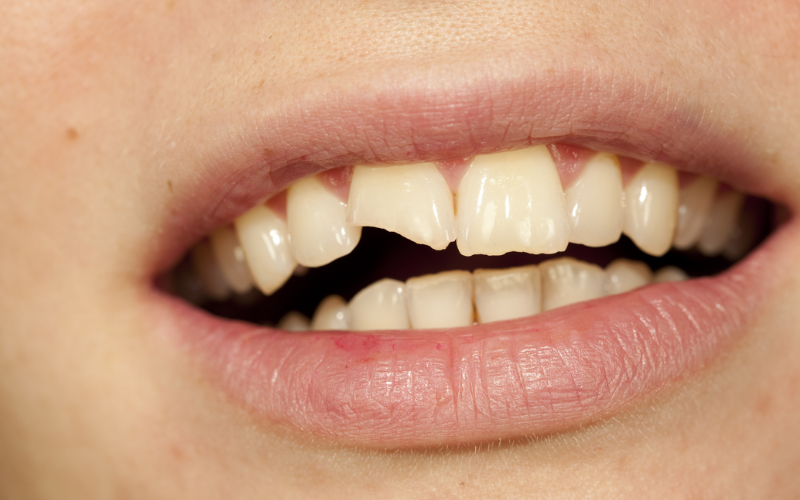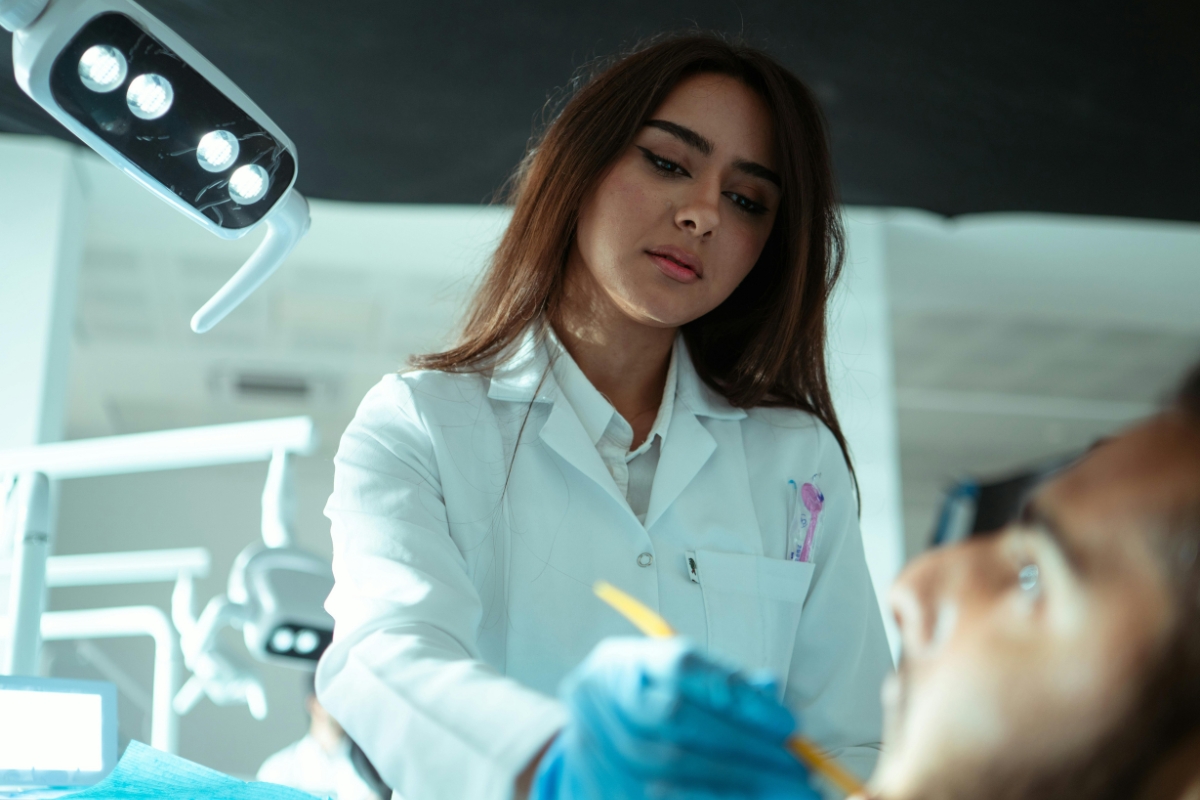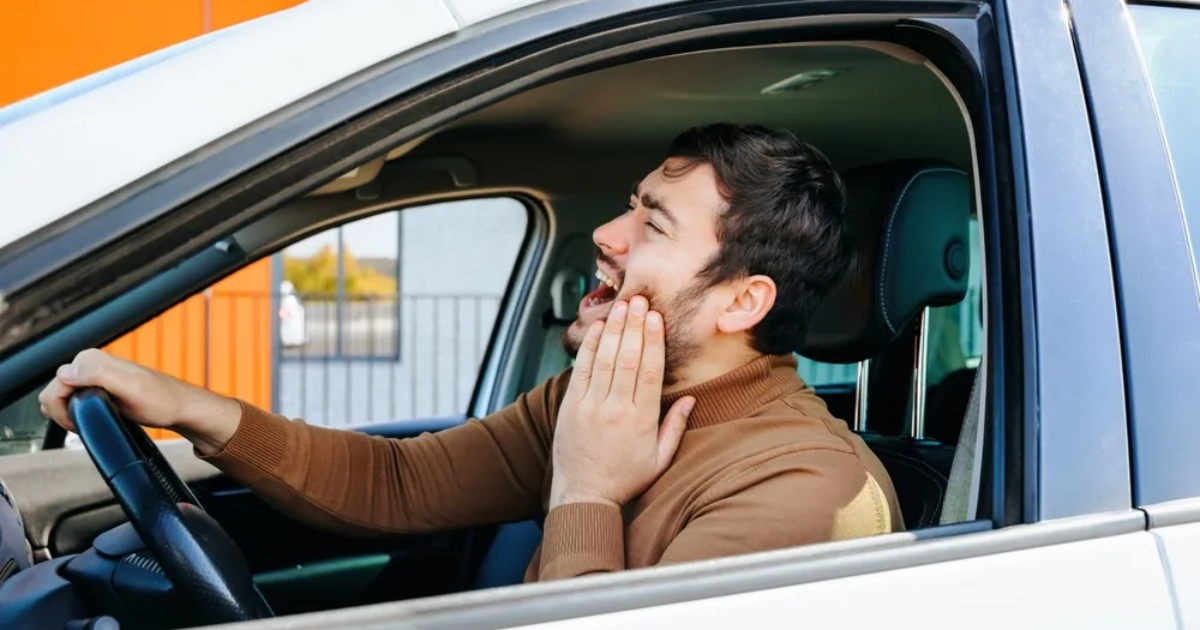8092 Edwin Raynor Blvd # D, Pasadena, MD 21122

A cracked tooth can strike fear into anyone’s heart. Whether caused by a sports injury, biting on something hard, or decay, a cracked tooth can lead to serious issues. But how do you know if this situation qualifies as a dental emergency? Recognizing the signs of a cracked tooth dental emergency is crucial for maintaining your oral health and avoiding further damage. Let’s dive into the details of cracked teeth and when you should seek immediate help from a dentist.
What Causes a Cracked Tooth?
A cracked tooth can result from various factors. Understanding these causes can help you prevent future issues. Here are some common reasons for a cracked tooth:
- Injury or Trauma: Accidents, falls, or blows to the face can lead to cracks.
- Biting Hard Objects: Chewing on ice, hard candy, or bones can exert too much pressure.
- Teeth Grinding (Bruxism): Grinding teeth can weaken them over time, increasing the risk of cracks.
- Decay: Cavities can weaken the tooth structure, making it more susceptible to cracks.
- Temperature Changes: Rapid shifts in temperature from hot to cold foods can stress the tooth.
Recognizing the Signs of a Cracked Tooth
Identifying a cracked tooth early can save you from more severe dental problems. Here are some common signs to watch for:
- Pain When Chewing: If you feel pain while biting down, it may indicate a crack.
- Sensitivity to Temperature: Increased sensitivity to hot or cold foods can signal an issue.
- Swelling: Swelling in the gums near the tooth may indicate an underlying problem.
- Visible Crack: Sometimes, the crack may be visible to the naked eye.
- Pulsating Pain: A constant or pulsating ache can be a sign of nerve damage.
If you notice any of these symptoms, it’s essential to seek dental care promptly.
When Is a Cracked Tooth a Dental Emergency?
Not all cracked teeth require immediate attention, but some situations do. Here’s when you should treat a cracked tooth as a dental emergency in Pasadena:
- Severe Pain: If the pain is unbearable and constant, it may indicate damage to the tooth’s nerve.
- Bleeding: Any bleeding from the gums or around the tooth should not be ignored.
- Large Fracture: A significant fracture that exposes the pulp of the tooth needs urgent care.
- Loose Tooth: If your tooth feels loose, it could indicate a severe issue.
- Swelling in the Jaw or Face: This could signal an infection or abscess.
In these cases, it’s crucial to seek help immediately. Delaying treatment can lead to complications, including infection or tooth loss.
What to Do If You Have a Cracked Tooth?
If you suspect you have a cracked tooth, here are steps to take before you reach your dentist:
- Rinse Your Mouth: Use warm salt water to clean your mouth gently. This can help reduce bacteria.
- Avoid Certain Foods: Stay away from hard or sticky foods that could worsen the crack.
- Apply a Cold Compress: If you experience swelling, a cold compress can reduce inflammation.
- Take Pain Relievers: Over-the-counter pain medications can help manage discomfort until you see your dentist.
- Visit the Dentist: Schedule an appointment as soon as possible.
Taking these steps can help manage the situation until professional help is available.
Treatment Options for a Cracked Tooth
Once you see a dentist, they will assess the damage and recommend treatment. Here are some common treatment options:
- Bonding: For minor cracks, bonding can restore the tooth’s appearance and function.
- Crowns: A crown may be necessary for more extensive damage to protect and strengthen the tooth.
- Root Canal: If the crack exposes the pulp, a root canal may be required to save the tooth.
- Extraction: In severe cases where the tooth is beyond repair, extraction may be the only option.
Discussing your options with your dentist will ensure you choose the best treatment for your situation.
Cracked Tooth Dental Emergency: Prevention Tips
Preventing a cracked tooth is always better than treating one. Here are some tips to keep your teeth healthy:
- Wear a Mouthguard: If you play sports, wear a mouthguard to protect your teeth.
- Avoid Hard Foods: Be cautious with hard candy, ice, and other tough items.
- Manage Teeth Grinding: If you grind your teeth, consider using a night guard.
- Maintain Good Oral Hygiene: Regular brushing and flossing can help prevent decay, reducing the risk of cracks.
- Visit Your Dentist Regularly: Regular check-ups can help catch problems early.
Following these steps can keep your teeth strong and reduce the likelihood of cracks.
Taking Action for a Cracked Tooth Dental Emergency
A cracked tooth can be a dental emergency, depending on the severity and symptoms. Recognizing the signs early and seeking help promptly is crucial for effective treatment. If you’re in Pasadena and experience a cracked tooth, don’t hesitate to consult a professional.
Addressing these issues quickly can prevent further complications. Remember, your oral health is essential, and taking action now can save you pain and expense down the road. Don’t let a cracked tooth disrupt your smile; reach out for help when you need it! If you experience a dental emergency in Pasadena, contact your dentist immediately for care.
Frequently Asked Questions
How can I prevent a cracked tooth?
To prevent a cracked tooth, wear a mouthguard during sports, avoid hard foods, maintain good oral hygiene with regular brushing and flossing, and schedule routine dental check-ups to catch issues early.
Can a cracked tooth heal on its own?
No, a cracked tooth will not heal on its own. Most cracks require dental treatment to avoid complications, such as pain, infection, or tooth loss.
Is it safe to wait to see a dentist for a cracked tooth?
It is not safe to wait. Delaying treatment can lead to further damage and complications, including severe pain or infection. Prompt dental evaluation is essential.
New Patients & Emergency
Appointments Welcome!
New Patients & Emergency
Appointments Welcome!



